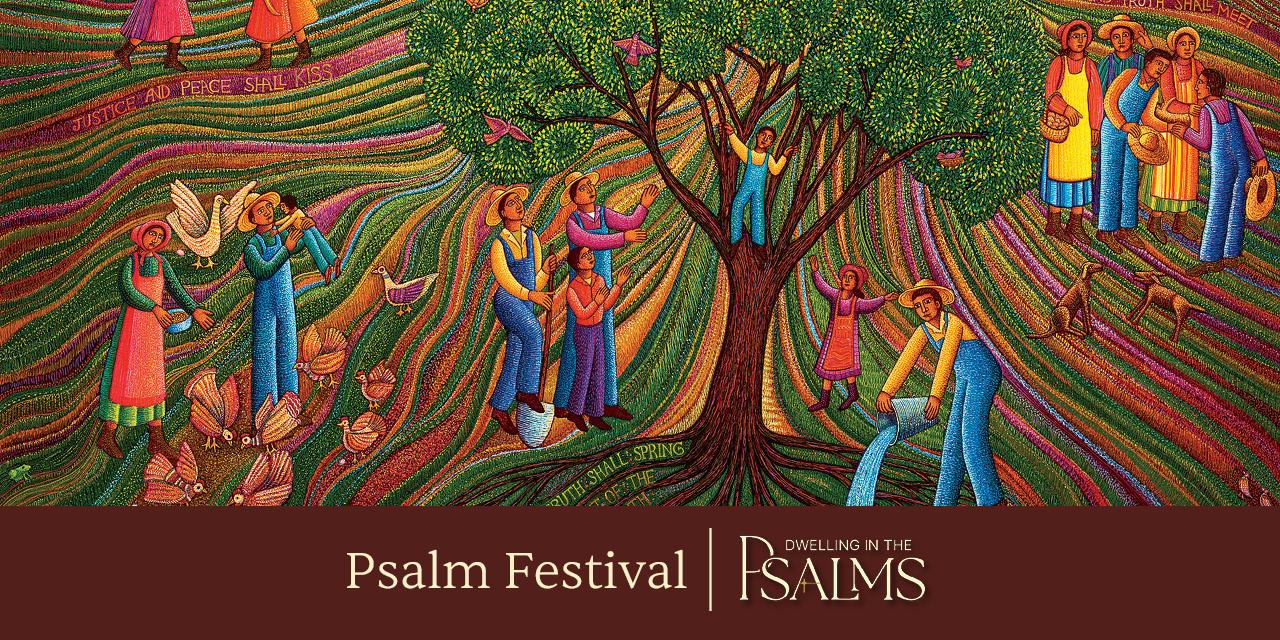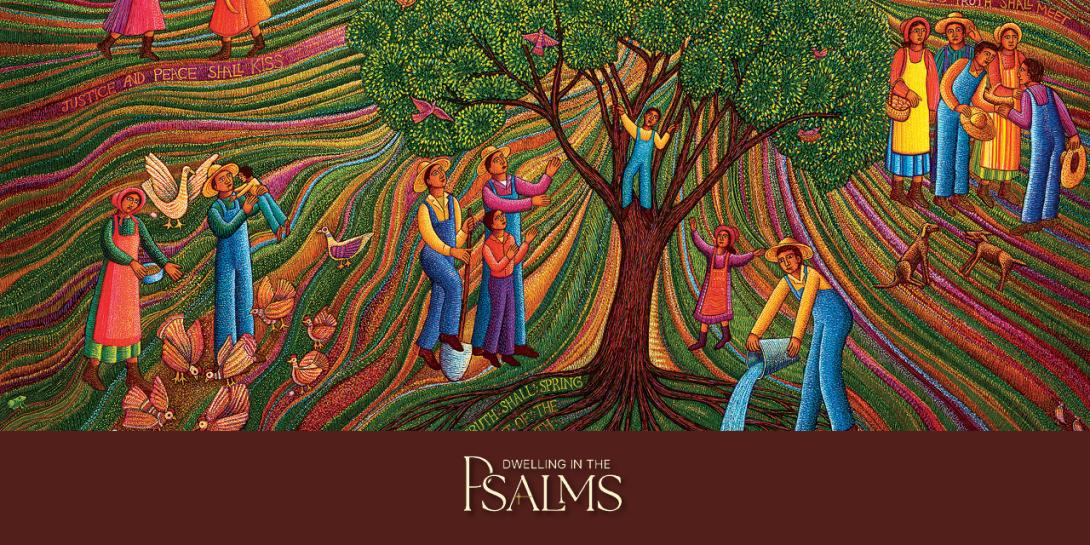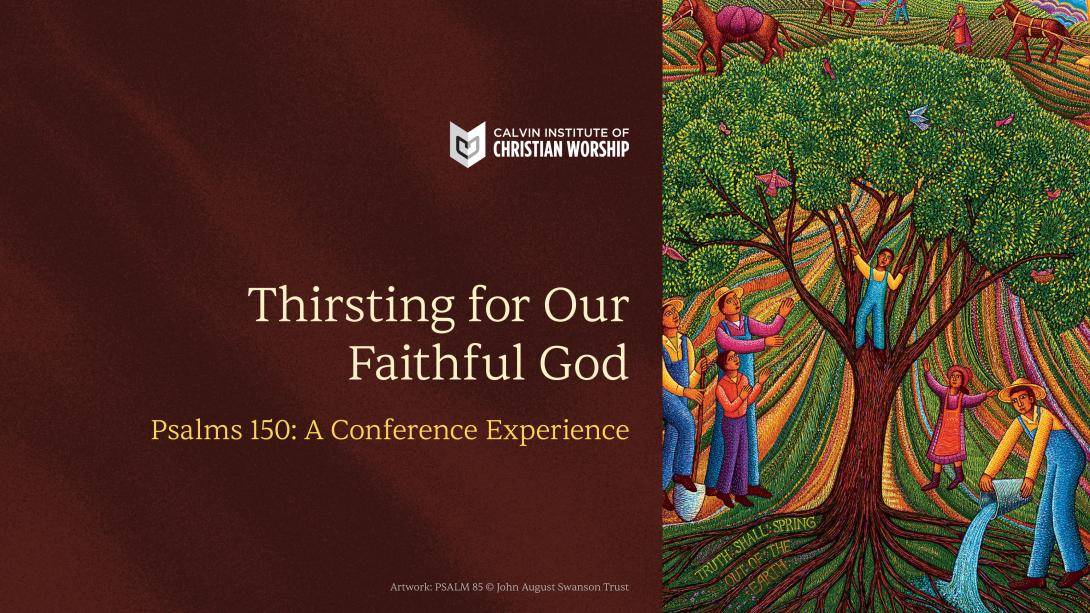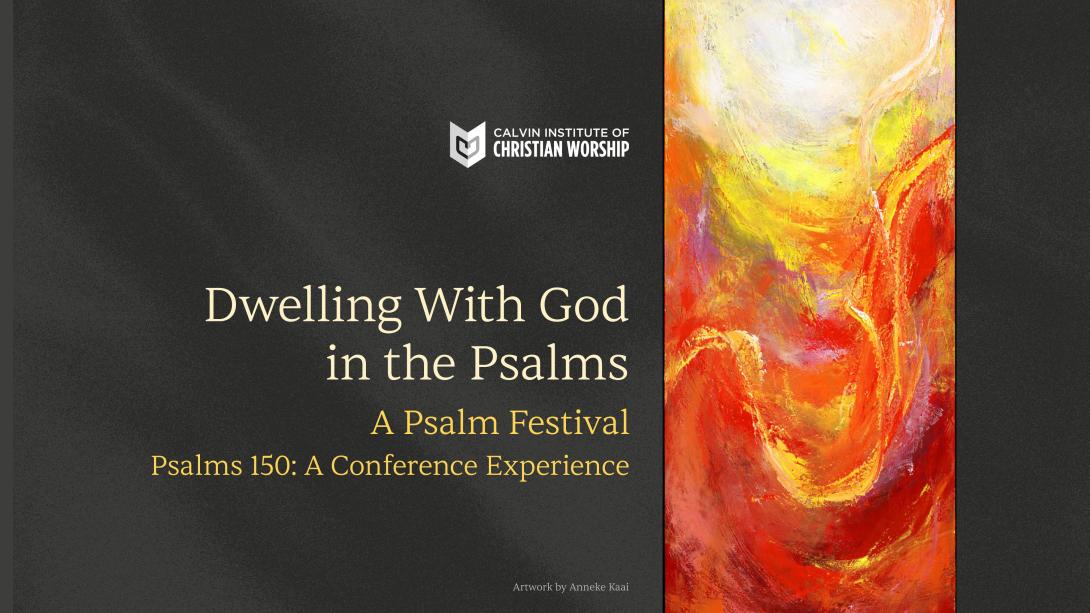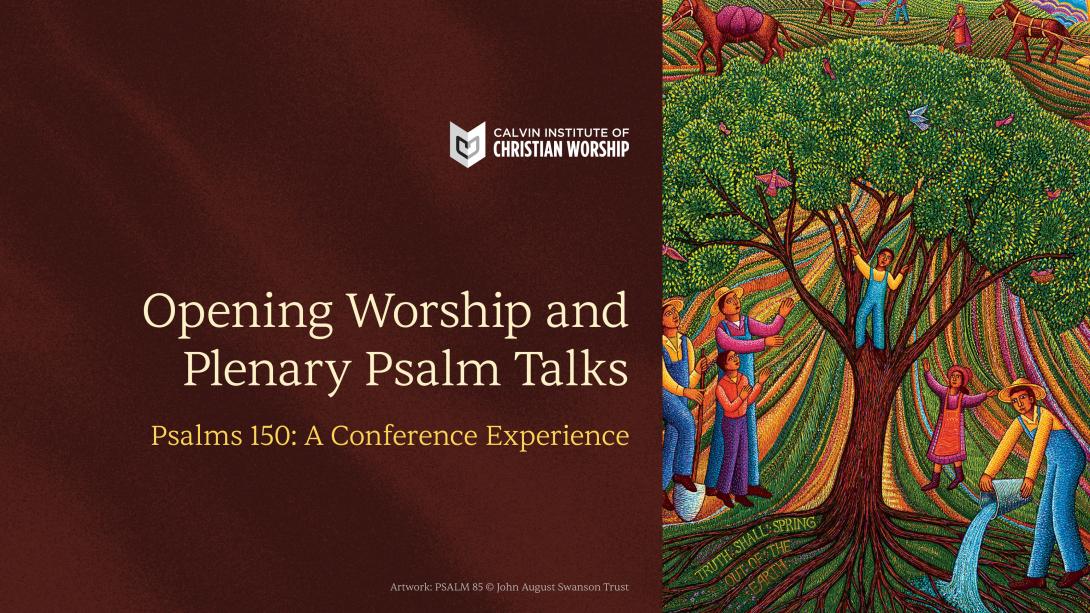Using the tools of practical theology and psychohistory, this presentation highlights the psychological and spiritual profiles of key religious leaders and personalities from the 19th and 20th centuries who were especially effective in combating white supremacy, racial hatred, and a multitude of systemic injustices that continue to plague the U.S. to this very day. This presentation will demythologize their work, and the context in which they existed, in the hopes that we may better emulate practices of freedom in our own time. Honesty compels us to acknowledge that the current sociopolitical context in 2022 is highly contentious (to state it mildly). But this context is not new. Moreover, the work of freedom and the Beloved Community is not new. Ultimately, this presentation seeks to move us forward in the work of Divine righteousness and to “do good, seek justice, correct oppression; bring justice to the fatherless, [and] plead the widow’s cause.”
Recent Media Resources
A Soundtrack for the Soul: Singing the Psalms with Wendell Kimbrough
This chapel worship service was led by Wendell Kimbrough at Calvin University as part of the Calvin Institute of Christian Worship’s “Dwelling in the Psalms” year.
Thirsting for our Faithful God
Morning Worship led by staff of the Calvin Institute of Christian Worship, with Psalm Talks by Terry M. Wildman and Darlene Wildman, Karen Campbell, and Rawn Harbor, and artistic responses by Dea Jenkins and Joel Schoon-Tanis.
Dwelling with God in the Psalms
Closing Psalm Festival Worship led by Amanda Benkhuysen, Bellwether Arts, Celtic Psalms, Anneke Kaai, Darlene Wildman, and Terry Wildman.
A Soundtrack for the Soul: Singing the Psalms with Wendell Kimbrough
This chapel worship service was led by Wendell Kimbrough at Calvin University as part of the Calvin Institute of Christian Worship’s “Dwelling in the Psalms” year.
Thirsting for our Faithful God
Morning Worship led by staff of the Calvin Institute of Christian Worship, with Psalm Talks by Terry M. Wildman and Darlene Wildman, Karen Campbell, and Rawn Harbor, and artistic responses by Dea Jenkins and Joel Schoon-Tanis.
Dwelling with God in the Psalms
Closing Psalm Festival Worship led by Amanda Benkhuysen, Bellwether Arts, Celtic Psalms, Anneke Kaai, Darlene Wildman, and Terry Wildman.
Opening Worship with Psalm Talks with Artistic Responses
Worship led by Calvin University Worship Apprentices and mentor Paul Ryan, with Psalm Talks by Amanda Benckhuysen, Jared E. Alcántara, and Cynthia Eriksson, and artistic responses by Dea Jenkins and Joel Schoon-Tanis.
